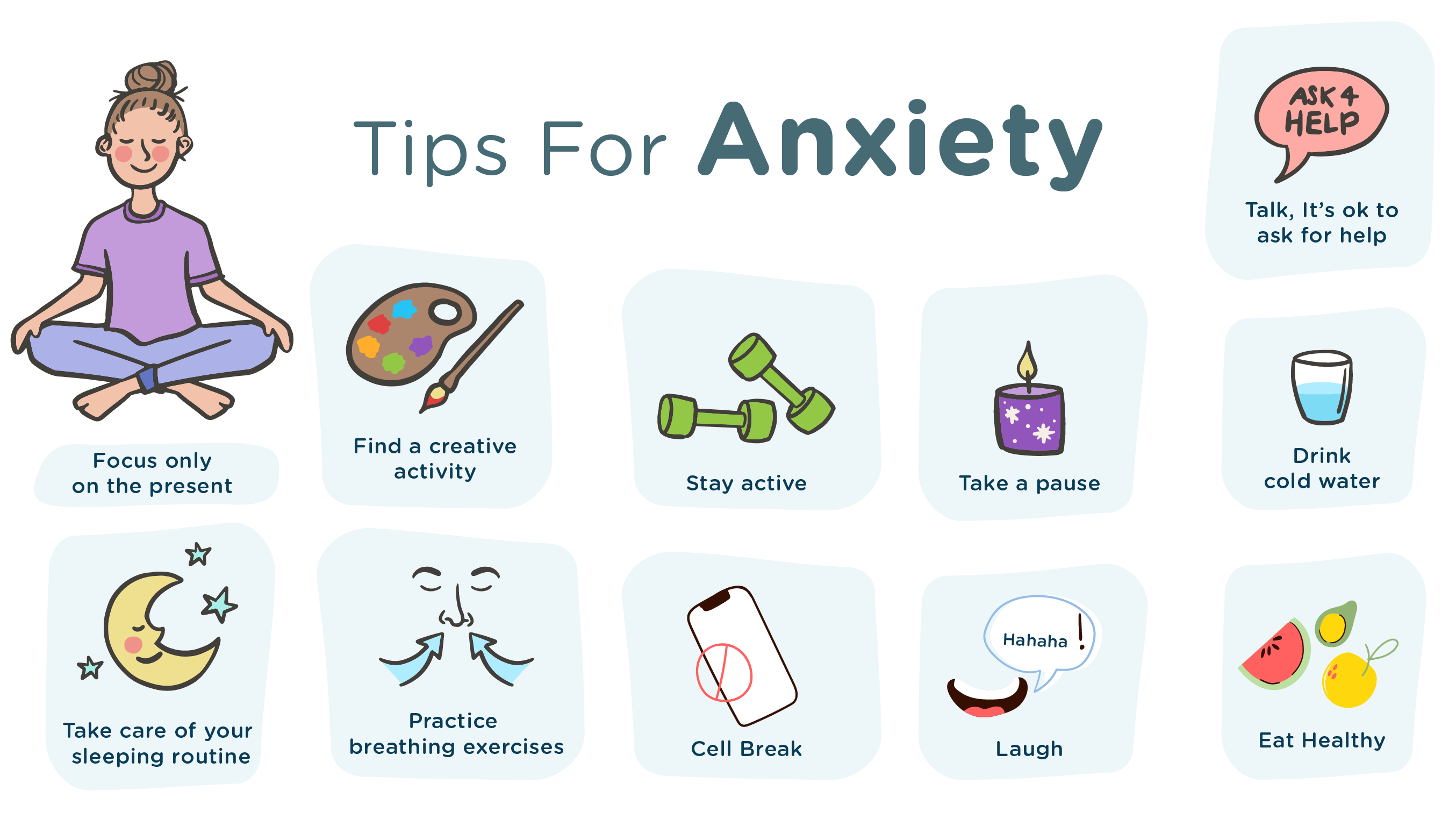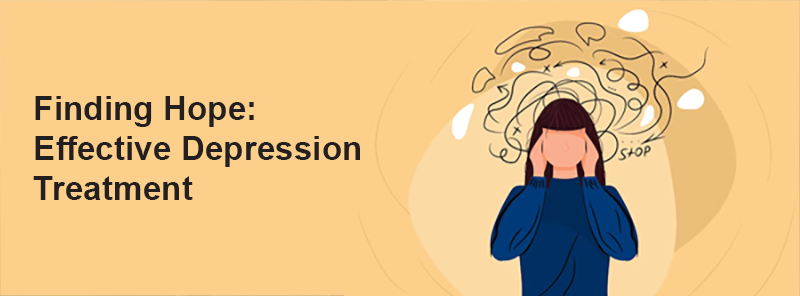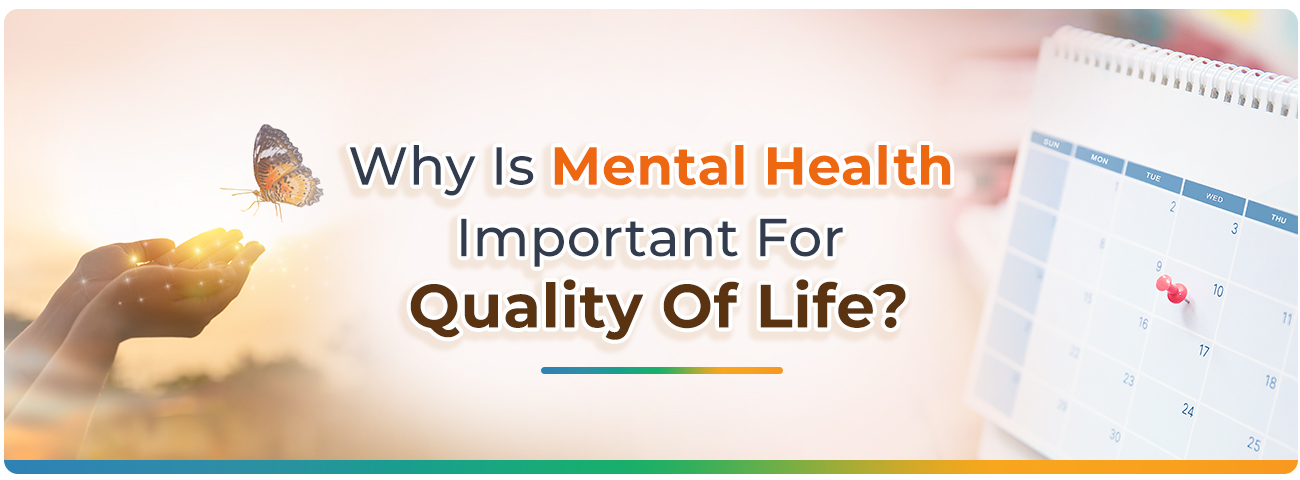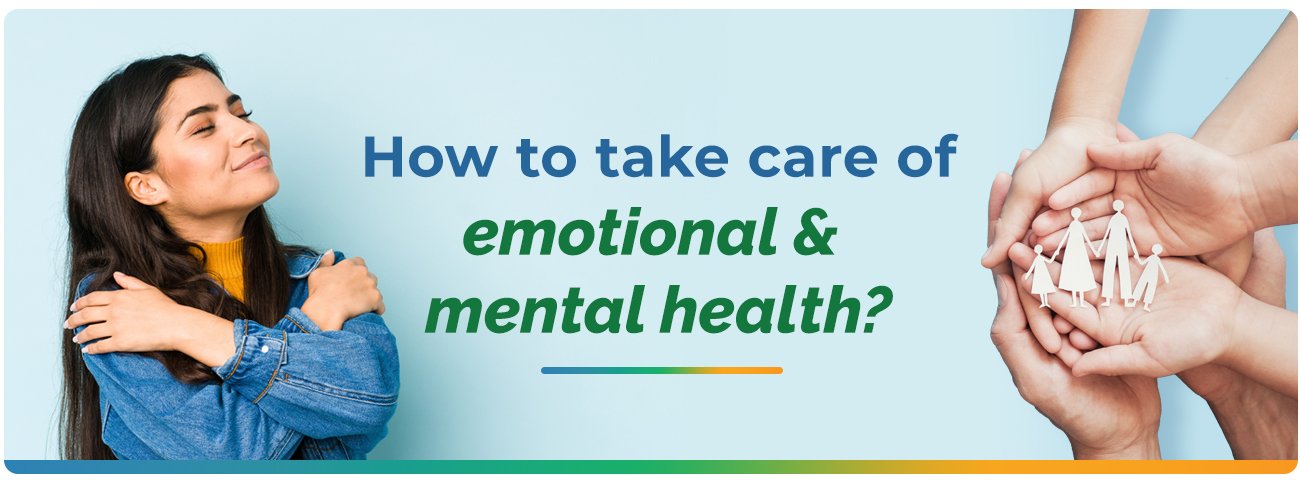What are anxiety disorders, their symptoms, and treatments?

Anxiety disorder is the response to certain things and situations with dread and fear, and also it can cause sweating or pounding of the heart as physical signs. Anxiety is a two-way sword, and it can be beneficial as well as detrimental. Anxiety disorder commonly occurs when anxiety affects the ability to function, stances of overreacting, and inability to establish control over situations. If your feelings of anxiety are extreme for more than six months, interrupting your daily life, then you may have an anxiety disorder.
Common symptoms of Anxiety disorder

Anxiety disorders are the form of emotional disorder having intense fear and debilitating.
Anxiety is an outcome of various disorders due to panic, phobia, social anxiety, obsessive-compulsive disorder, illness, post-traumatic stress, etc. The common symptoms of anxiety disorders are increased heart rate, rapid breathing, difficulty falling asleep, restlessness and trouble concentrating. Some people get anxiety attacks due to emotions arising out of worry, fear, and distress, causing more evident symptoms like dizziness, shortness of breath, sweating, numbness, and dry mouth.
Causes and triggers for anxiety disorder

 There is no exact cause for anxiety disorder. It is a trigger or combination of various physical, mental, and behavioral symptoms affecting the stability of the mind and body. Some of the fundamental causes or triggers are listed below.
There is no exact cause for anxiety disorder. It is a trigger or combination of various physical, mental, and behavioral symptoms affecting the stability of the mind and body. Some of the fundamental causes or triggers are listed below.
Acute stress can lead to chemical imbalance affecting the mood of the individual. Frequent mood swings can accumulate stress resulting in anxiety disorder.
Environmental factors like trauma or higher intensity of risks or unexpected, shocking incidents can trigger anxiety disorder.
It is also an interesting fact that anxiety disorder can be hereditary and can be inherited to some extent.
Trauma due to physical or sexual abuse or an accident or natural disaster impact or military combat can cause intense stress and depression resulting in anxiety disorder.
Extreme fear of being judged by others in social situations and fear of separation from loved ones can also trigger anxiety disorders.
Anxiety Attack

An Anxiety attack is an outburst of overwhelming emotions like worry, fear, distress, and it builds up gradually and gets triggered when a patient encounters a stressful situation. The most common symptoms of an Anxiety attack include dizziness, breathlessness, hot flashes, worry and fear, sense of numbness or tingling. The symptoms may vary from each individual based on the impact caused.
Diagnosis of Anxiety disorders

The diagnosis of anxiety disorders involves complete physical examinations so that the doctor can rest assured that there is no other illness that is causing the symptoms. It is better to share the complete personal history with the doctor to make an accurate diagnosis before deciding the treatment. It is better to share information about the illness or if you are on medications and any issues due to hormonal imbalance. You can self-assess using a questionnaire before testing and then go ahead with clinical assessment in the form of a structured interview.
The diagnostic criteria for anxiety disorder
Excessive worry or anxiety for more than six months
Lack of ability to control worry
Facing a minimum of three symptoms of the following six symptoms: restlessness, irritability, sleep disturbance, lack of concentration, fatigue, and muscle tension.
Symptoms are causing significant lifestyle changes and which are not triggered due to medical conditions and treatment.
Symptoms that are not due to any other mental disorder like panic, social disorder, or phobias.
Treatment

Medications can be sedatives and anti-depressants to balance the brain chemistry and try different coping mechanisms like inculcating healthy food habits, exercise, etc. Medications cannot cure anxiety disorder. They can help the person to function better by improving the symptoms. It is important to get treated for anxiety disorder as it enhances the quality of life, productivity, and relationships leading to a happy and healthy life. Counselling also helps, along with medications to combat anxiety disorder.

Common Coping mechanisms

The coping mechanisms to manage anxiety disorder is to manage stress effectively using relaxation techniques like meditation, join support groups of people with anxiety disorders to understand their coping strategies and experience, awareness on the type of the anxiety disorder, and limiting the consumption of Caffeine.
Please be aware that an anxiety disorder makes it challenging to get through your day, and it is surrounded by fear, panic, and nervousness, but you can opt for effective anxiety disorder treatments and recover. Talk to an expert psychiatrist who can make the diagnosis and chalk out the treatment plan. It is vital to treat anxiety disorder and take a step forward for better emotional wellbeing.






